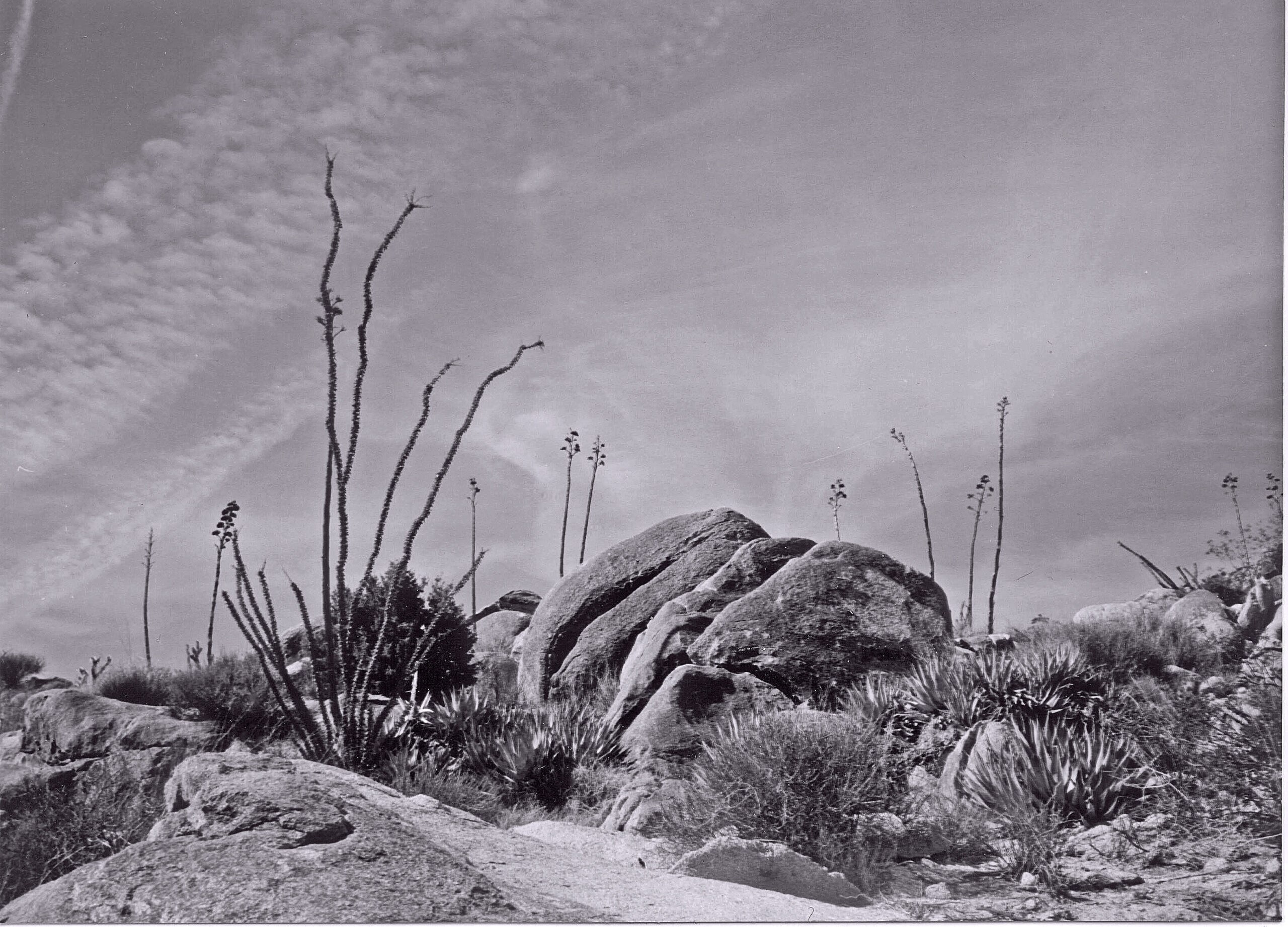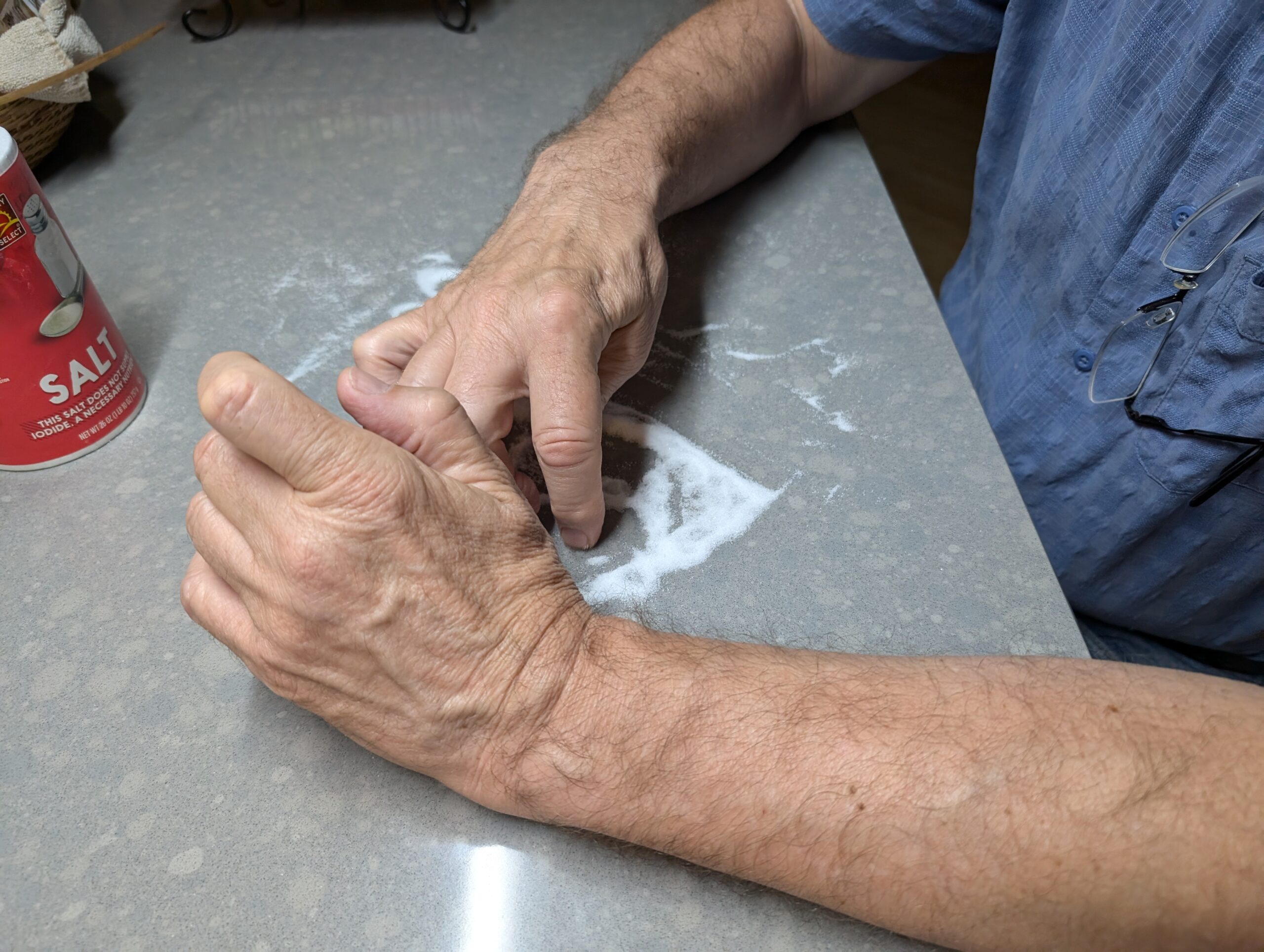50 Give or Take, May 9, 2025 A pastor and social activist for his lifetime,…

“Anabaptism, Peacemaking, and the Study of History: Peter J. Klassen Reflects on his Life and Career”
California Mennonite Historical Society Bulletin, #51, Fall 2009
Around 1980, when I was an undergraduate history and religion student at the University of Iowa (Iowa City) I took a course from Professor James C. Spalding called “The German Churches Under Hitler.” As I began to think about a topic for the paper that
Spalding required, I decided to see how Mennonites had responded to the rise of National Socialism in Germany. When I approached Dr. Spalding, he suggested that I consider contacting Mennonite historians, particularly historians of Mennonites in Europe. One of the names that came up was that of Dr. Peter J. Klassen at California State University, Fresno.
As chance would have it, I was rooming with a woman who had graduated from Fresno State a few years prior and who knew Dr. Klassen. She told me that he was someone who would be happy to hear from me and willing to steer me in the right direction. I wrote to him and he answered almost immediately with a number of suggestions on where and how to proceed. I still have his gracious reply in my files.
Twenty years later, upon moving to Fresno following an East Coast sojourn, I met Dr. Klassen for the first time when I joined the California Mennonite Historical Society as editor of the CMHS Bulletin. Now, nearly thirty years after my undergraduate correspondence with Dr. Klassen, I had the privilege of interviewing him regarding the trajectory of his life and career. This comes close upon the heels of the publication of his latest book, Mennonites in Early Modern Poland and Prussia, in April 2009. [See
Sam Myovich’s review of Klassen’s book later in this issue of the Bulletin.]
Dr. Klassen was born in Crowfoot, Alberta, across the road from the Blackfoot Indian Reservation. Early in his life, he learned their story through the monument erected in the name of the tribal chief who had brokered a peace treaty with the British. This story was only one of many that fostered within him curiosity for the world around him.
In his one-room grade school, Klassen’s propensity for history meant that the teacher often called upon him to help teach younger schoolmates. Even so, an aptitude test revealed that his mind would be well-suited to a career in mathematics. Although he would have made an excellent mathematician, his subsequent study, research, and analysis of history has been a benefit to Mennonites and to historians everywhere.
At the University of British Columbia, a professor of ancient history was instrumental in Dr. Klassen’s decision to pursue the study of history. He entered Fuller Theological Seminary with the intention of studying theology and church history. Two years later at the University of Southern California his focus was the Reformation.
Following is my interview with Dr. Klassen, which took place August 20, 2009, in my office at the Hiebert Library at Fresno Pacific University/Mennonite Brethren Biblical Seminary.
Hope Nisly: What led you to an interest in history (in general) and Anabaptist/Polish history (specifically)?
Peter Klassen: As a boy in Alberta I attended a school that had only a tiny library, but it did have a set of historical encyclopedias
which I read from beginning to end. Later tests showed that mathematics was my strong area and I intended to pursue this discipline; however, the influence of one professor caused me to redirect and at university I took a double major in English and in history.
When I was quite young, a colporteur-minister came to my church with a book on Menno Simons. I bought it from him and he
told me that I was the first person of my age to whom he had sold one. I still have the book, one of my first history purchases.
Having chosen to specialize in the Reformation in graduate studies, I was fortunate to find a stimulating professor in church history at USC, Dr. Charles M. Nielsen. Dr. Nielsen encouraged me in the history of Anabaptism and introduced me to others working in that area, such as George Williams, Roland Bainton, and Harold S. Bender
I maintained mail contact with these men throughout my career. As I began work on my latest book [Mennonites in Early Modern
Poland and Prussia], I had questions and turned to Dr. Williams for advice. Williams was now in a nursing home on the East Coast,
but he responded with a handwritten letter that helped me work through some lines of thought. I did not study at Goshen, but professor Harold Bender also gave me advice and through him I became especially interested in Anabaptist history. On several occasions, I chatted with Roland Bainton who gave me much needed encouragement. It was Dr. Bainton who told me of new documents being discovered in the area of Anabaptist history that needed analysis. He encouraged me to go to see them
in Europe.
HN: Tell me about your motivation to form a California Mennonite Historical Society.
PK: Even though I was the first chair of that group, there were many others who had a role in its formation. One was Henry Krahn,
history professor here at what was then Pacific College. Some of like mind were John E. Toews, Arthur Wiebe, and John Redekop. With support and motivation of others in the church community, we decided to form a historical society. Also of significance was J. B. Toews’ arrival at the seminary and leadership in expanding interest in Anabaptism.
We began by inviting recognized scholars in church history to speak to us. We had thinkers, theologians and historians such as John Howard Yoder, Myron Augsburger, Cornelius Krahn, John B. Toews of Canada, and David Rempel, a recognized authority on the Russian Mennonite story. These were scholars who brought us unique insights into Mennonite history and theology.
In that early period George Neufeld, at that time a volunteer archivist at Pacific, and I visited David Rempel at his home. We obtained some of his materials and with them, initiated a collection of Mennonite writings here in the Hiebert Library. At the start we had a few shelves of materials on Mennonite history and thought. In time we were able to gather some very significant documents including the Jacob P. Becker manuscript on the beginnings of the Mennonite Brethren Church in Russia. The document was written in old German script and was later transferred to Tabor, but it began its journey into the library world
here.
HN: In a recent conversation, Paul Toews mentioned something that he called “an Anabaptist renaissance in the Fresno area that fades into the San Joaquin Valley air.” Is that something you could speak to? What does that mean to you?
PK: A number of us tried to broaden and deepen awareness and appreciation of Anabaptism. Paul’s metaphor, however, mirrors a sobering reality. When he came to Pacific he immediately became a significant force in expanding awareness of Anabaptist-Mennonite movement. We found, however, that the climate in many of our churches was not conducive to the growth and expansion of our understanding of the Anabaptist heritage. Congregational agendas usually gave only low priority to Anabaptist values and practices.
Prior to my joining the faculty at Pacific College and while studying at the Goshen archives, I encountered the Concern Group, consisting of persons who were precipitating in an “Anabaptist Renaissance” at Elkhart, Goshen, and beyond. A graduate seminar
was organized by John Howard Yoder, Paul Peachy, C. J. Dyck, Harold S. Bender, Melvin Gingerich, and others. They invited graduate students who were considering teaching in the area of Anabaptist history and theology to participate and I read a paper.
The influence and study of Anabaptism was growing on the East Coast, in the Midwest, and in Europe. Yet when I came to Pacific College and the seminary in 1962, very little attention was paid to Anabaptism. Many professors at the seminary had come out of schools that had little theological interest in that field. This was true of both theologians and historians. They were not hostile toward it, but did not consider it to be important. Once discussion of Anabaptism began, it received a warm reception. Certainly the coming of J. B. Toews in the 1960s had a tremendous impact, for he was vigorously involved and soon courses in Anabaptist history and thought were introduced.
It was this surge in interest in Anabaptism in the 1960s and ‘70s that helped to bring a new awareness of our faith heritage. A personal belief in Christ, evidenced by baptism upon profession of faith and a commitment to following Christ were at the heart of this position.
HN: How might your view of Mennonite history differ with or coincide with the views of another Mennonite Brethren person? Have your views put you at odds with those around you in any way?
PK: One aspect of Anabaptism that tends to polarize is the peace position. Once in the late ‘60s some of us at Pacific College drew up a statement for the annual Pacific District Conference opposing the Vietnam War. Paul Toews, who recently had come to the college,organized a student peace group. At a session of the Pacific District Conference, some members of the group, as well as other supporters, introduced a resolution opposing the Vietnam War. However, conference leaders felt that its presentation would be divisive. Nonetheless, the resolution was presented. The paper was not placed in the official minutes; indeed, it was struck from the record. I cite this to suggest that the traditional Mennonite peace position often encountered less than full support.
Today, many Mennonite Brethren think we can be supportive of our country when it goes to war and that the historical peace position is not a matter of faith. In recent years, a full-page advertisement in the Fresno Bee opposing the war in Iraq bore relatively few Mennonite Brethren signatures. While some may not be for war, there is reticence in expressing this opinion publicly.
HN: What does it mean to you to be a historian? What do you hope for when you write a book or publish an article on some aspect of history?
PK: The first desire is that people will understand and not forget the past. We need to remember that those who launched the Anabaptist movement did so in a hostile environment and that many of the things we hold dear came at considerable price. If we forget that, we might as well forget Hebrews 11 as well.
When I write, it is my hope that I might bring new insights by gathering often unknown information, analyzing it, and making it available. For example, if asked what large country was first to grant people religious toleration, many will say England or the United States. In actuality, it was Poland that wrote religious toleration into its constitution while other states were still imprisoning or executing nonconformists. We hear Polish jokes, but little praise for Poland. One of the side benefits of knowing history is seeing the broad strokes of the past and being able to move forward with appreciation and understanding.
HN: What does it mean to you to be an Anabaptist and a member of the Mennonite Brethren Church?
PK: For me, the Anabaptist Mennonite community of faith is where I am at home. We have a rich heritage and have made important contributions in the area of standing for religious freedom and personal choice. Mennonite Brethren, as part of this larger community, also have a strong tradition of sharing their faith and giving concrete expression to it. Our belief in Christ must lead us to proclamation, help and involvement.
HN: How would you describe the trajectory of your life and career from the vantage point of looking back on many years of work in your chosen profession?
PK: I have been blessed to be able to do things that I enjoy, both professionally and with family. I have been fortunate that my work has enabled me to teach and travel abroad and to dialog with others of differing persuasions. I am grateful for supportive friends who encouraged me to do things on my own and collaboratively.
Much of my church life here has been spent with fellow Christians with whom I have been able to engage in constructive discussions regarding how do God’s work here on earth in the spirit of Christ. We have not always agreed, but have maintained respect for each other since ours is a common task. These associations have enriched me. Finally, as an Anabaptist, I know that all truth does not come through my own tradition and I value opportunities I have had to be influenced by those with different perspectives.
HN: What achievement are you most pleased with in life?
PK: I would have to say that what gives me the most personal satisfaction is my own family, recognizing that this is a gift of God. Over the years, I have often been able to engage in projects that allowed me to travel and work with my wife Nancy, often accompanied by our three sons. In the process, I have been blessed by many treasured friendships. I am happy to have been able to do some writing and that some of what I have written can be used by others and that it is valued and instructive. Now, with the expansion of the family, daughters-in-law and grandchildren bring a delightful new world of experiences.
ABOUT THE AUTHOR
Hope Nisly is a librarian at Hiebert Library (Fresno Pacific University and Mennonite Brethren Biblical Seminary) and editor of the CHMS Bulletin.
Selected Bibliography of Works
by Peter J. Klassen
Mennonites in Early Modern Poland and Prussia
Baltimore: Johns Hopkins University Press, 2009
The Reformation: Change and Stability
St. Louis: Forum Press,1980
Europe in the Reformation
Englewood Cliffs: Prentice Hall, 1979
The Economics of Anabaptism, 1525-1560
The Hague and London: Mouton, 1964
Mutual Aid Among the Anabaptists
Bluffton, Ohio: Association of Mennonite Aid Societies, 1963
https://fpuscholarworks.fresno.edu/items/e1505f04-eb51-4b6d-8cf8-2b1c411ea273




This Post Has 0 Comments